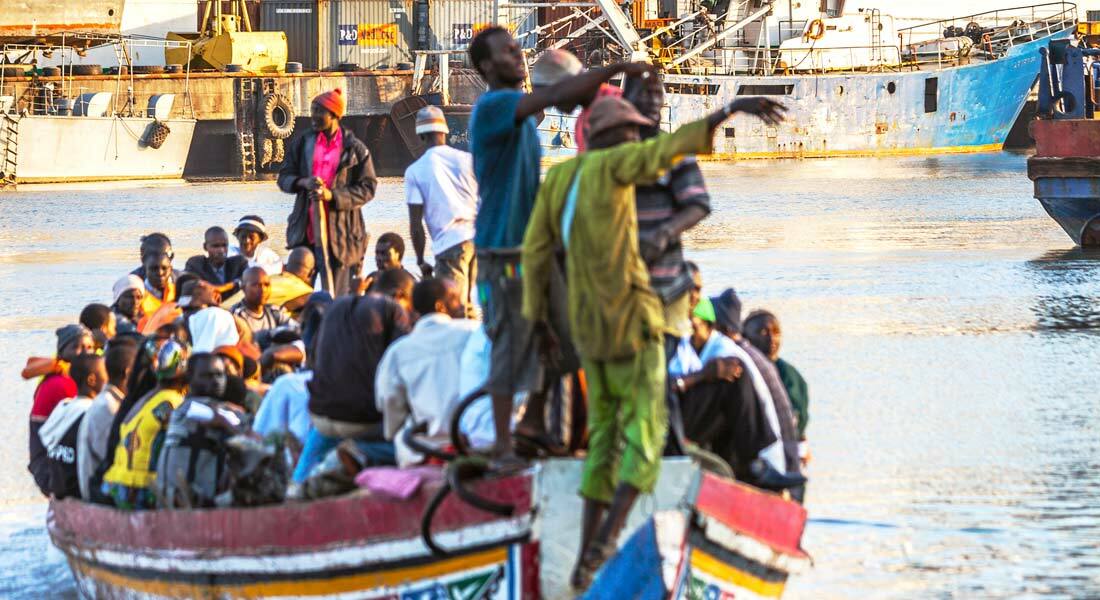Sign up to receive our latest COPE stories, events and news about education, research and opportunities.
Preparedness and Response to Humanitarian Crises
This course is a part of

Current concepts, standards, principles, methods and terminology of preparedness planning and response operations are presented.
You will be introduced to the cluster approach with extensive coverage of the most essential clusters: water, sanitation and hygiene (WASH); health; shelter; logistics; food and nutrition; protection; camp coordination and management; and education.
Topics during this course include: leadership and partnerships during crises; conflicts and complex emergencies; international security; management of disaster situations; needs assessment and monitoring; legal framework for refugees and IDPs; information management and GIS; communication in emergencies; financing and donors; personal safety in the field; and project management.
Course content:
- Basic concepts related to disaster preparedness and response.
- Considerations in regional and local planning for disaster preparedness and response.
- International collaboration for preparedness and response with a focus on the Cluster System.
- Implementation of disaster preparedness and response plans and their limitations and pitfalls.
- Health, pandemics, WASH and nutrition preparedness plans and response.
For more details about the course, please refer to the course curriculum.
View all courses on:
Highlights from the course
Course director on »Preparedness and Response to Humanitarian Crises«

Emmanuel Raju
Associate Professor and Head of Studies
Course details for »Preparedness and Response to Humanitarian Crises«
Dates and examination
Course dates
29 September–31 October 2025
(Autumn break 13–19 October.)
The course is available every year.
Examination
Please find the exam dates in the exam plan.
Learning outcomes
The course will give you an overall understanding of key aspects of disaster preparedness and response and you will be able to evaluate the strengths and limitations of the existing international preparedness and response systems. Your ability to engage with disaster professionals across sectors and disciplines will be strengthened.
On completion of the course, you will be able to:
-
demonstrate an understanding of key aspects of disaster preparedness and response, including the complexity of the assistance deployment environment, coordination, information management, and operations logistics
-
be familiar with the methodologies for conducting a needs assessment and develop a Preparedness and Response Framework and Plan for a specific case study
-
critically evaluate the strengths and limitations of existing international preparedness and response systems, while appreciating the complexity of the response environment.
Admission criteria
You must meet the following criteria to be admitted to this course:
- Hold a relevant bachelor degree or equivalent.
- Have a minimum 2 years of relevant job experience.
- Be proficient in English.
Find detailed information in the admission criteria on Master of Disaster Management.
Priority is given to enrolled students
This course is offered as a compulsory course in the Master of Disaster Management programme. Priority is given to students already enrolled. Once the enrolled students have been admitted to the course, the remaining seats are distributed on a first-come, first-served basis.
Tuition fees
EU/EEA citizens
Master student: 16,500 DKK
Single course student: 25,000 DKK
Non-EU/EEA citizens
Master student: 22,000 DKK
Single course student: 33,000 DKK
More information
All course information is available in the course curriculum:Place
University of Copenhagen
City Campus
Øster Farimagsgade 5
1353 Copenhagen
Denmark
Contact
Christine Gulstad
Study Administration Officer
lifelonglearning@adm.ku.dk
Tel: +45 35 32 12 73












